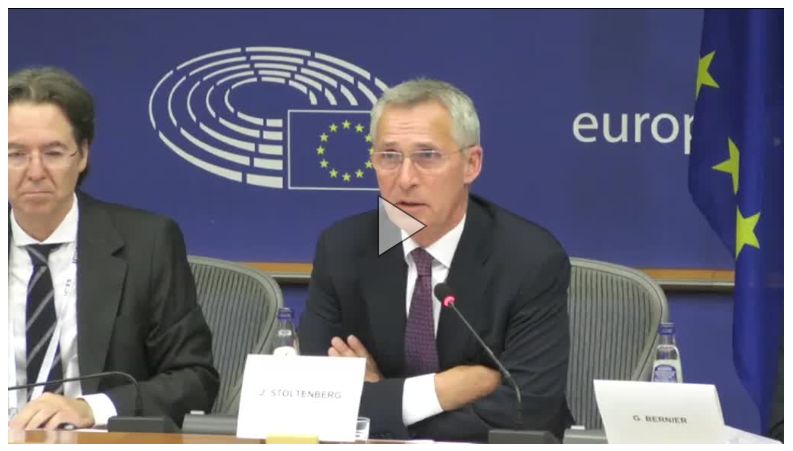
Lula decides not to attend the peace summit on Ukraine, considered unilateral by analysts
President Luiz Inácio Lula da Silva chose not to participate in the Peace Summit on Ukraine, scheduled for June 15th and 16th in Lucerne, Switzerland. The decision was confirmed yesterday (16) by the General Secretariat of the Presidency of the Republic.
In addition to Lula, the president of South Africa, Cyril Ramaphosa, also announced his absence due to post-election constitutional commitments. Likewise, the Prime Minister of India, Narendra Modi, is not expected to attend the event, which is occupied by electoral issues.
The summit, called in January by Ukrainian President Volodymyr Zelensky and organized by the president of the Swiss Confederation, Viola Amherd, has the support of the West and attracted the participation of more than 50 of the 160 invited countries. However, Russia’s absence has generated criticism regarding the impartiality of the event.
Professor Williams Gonçalves, from UERJ, considers that Lula’s decision is coherent, given that the summit begins with an agenda favorable only to Ukraine, without considering Russian positions. He highlights that the meeting is based on a Ukrainian document that demands the total withdrawal of Russian troops, which makes a true dialogue for peace unfeasible.
Doctoral student Nathana Garcez Portugal, from the San Tiago Dantas Postgraduate Program, also sees Russia’s absence as a factor limiting the summit’s effectiveness. According to her, without the participation of one of the parties involved, the event’s resolutions may lack effectiveness. She also notes that half of those confirmed are European countries, which aligns the event more with the interests of NATO and Ukraine.
Hugo Albuquerque, jurist and editor of Autonomia Literária, reinforces that the summit takes place at a time of growing division between Western countries and the Global South. He criticizes Western sanctions against Russia and China and support for Israel, highlighting that there is no sincerity in the intentions of the West, which seeks to defeat Russia at any cost.
Russia, in turn, was not invited to the summit. The spokesman for the Russian embassy in Bern, Vladimir Khokhlov, stated that Moscow would not participate in any way, as the conference presents an unfeasible peace formula, disregarding Russian interests. Analysts suggest that Russia’s exclusion is due to the Western strategy of unifying its allies around the United States’ vision, which includes marginalizing Russia.
Retired Indian ambassador Anil Trigunayat emphasizes that any peace formula will be useless without the participation of all parties involved. He mentions that Russian President Vladimir Putin’s recent visit to China reinforced the alliance between Moscow and Beijing, indicating that the inclusion of both conflicting parties is crucial for an effective resolution.
The lack of interest from BRICS countries in the summit reflects skepticism towards the event. Gonçalves believes that Lula’s decision is in line with the position of the BRICS countries not to participate in a summit seen as an attempt to legitimize Ukraine’s position and fragment the leadership of the Global South.
Nathana Garcez Portugal points out that few African and South American countries have confirmed their presence, which indicates concerns about the effectiveness of the event. Albuquerque concludes that the summit only serves to pressure or co-opt countries not aligned with NATO to change their stance towards Russia, characterizing the event as a “trap”.
With information from Sputnik Brasil.
Source: https://www.ocafezinho.com/2024/05/17/lula-e-africa-do-sul-se-recusam-a-participar-de-arapuca-da-otan-na-suica/

